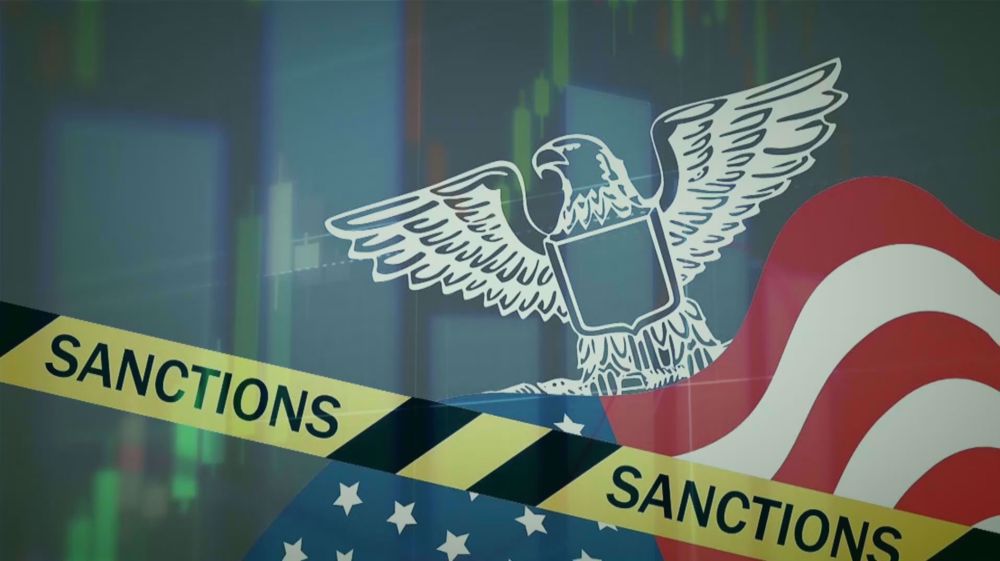Davos: New world order
Committed to improving the state of the world, that has been the stated goal of the WEF, the world economic forum, now in full swing at the ski-resort in Davos Switzerland, its 47th year. But this year is different, world leaders are worried, the business elite is panicking.
Everyone is reeling from the rise in populism and Trump’s election. Meanwhile, China is flexing its muscle. And of course, Brexit has many worried especially in the EU: They admit ‘there’s something unprecedented going on and they can’t deal with it.’
Over 2,500 leaders from business, government, international organizations, including political leaders, CEOs and top bankers are in attendance at this year’s meeting at Davos. The theme of the meeting - Responsive Leadership.
Davos has defined responsive leadership by calling on global leaders to renew the systems that have supported international cooperation in the past.
By adapting them for today's complex, multipolar world, this would foster genuine inclusive growth.
But the world of business leaders have been rattled this year, since they have found themselves in unknown territory: what they hold dear, globalization, free trade and multilateralism, they believe is under threat. Why: Trump, which has brought populism in the mainstream, Brexit, and China: and with national elections looming in Europe: they are nervous.
Global economics are facing a seismic cataclysm as globalization and the global village face huge uncertainty. With the outcome of Brexit and Trumps rhetoric of ‘me before you’ but America first, the once ever decreasing circle of world trade may become an intricate weaving of trade deals and agreements between singular parties, rather than united institutions.
Davos has set the platform this year to see the outcome of such political-economic change, with the conversation being led at the forefront by Chinese President Xi Jinping, who is very eager to shift the focus of attention from the US and Europe to China.
VIDEO | Yemeni forces repel US-British attack, down F-18 Jet
Iran’s capabilities vast; enemy’s ‘maximum pressure’ policies all failed miserably: Senior official
Iran’s economy grew 2.7% y/y in Sep quarter: CBI
VIDEO | Freelancers in Gaza strive to stay online amid genocide
Mikati demands Israel's withdrawal from south Lebanon
Yemeni army strikes Israeli military sites with drones
‘Clock ticking’: UNRWA slams unjustifiable killing of children in Gaza
BP to be sued in Britain for supplying oil to Israel









 This makes it easy to access the Press TV website
This makes it easy to access the Press TV website